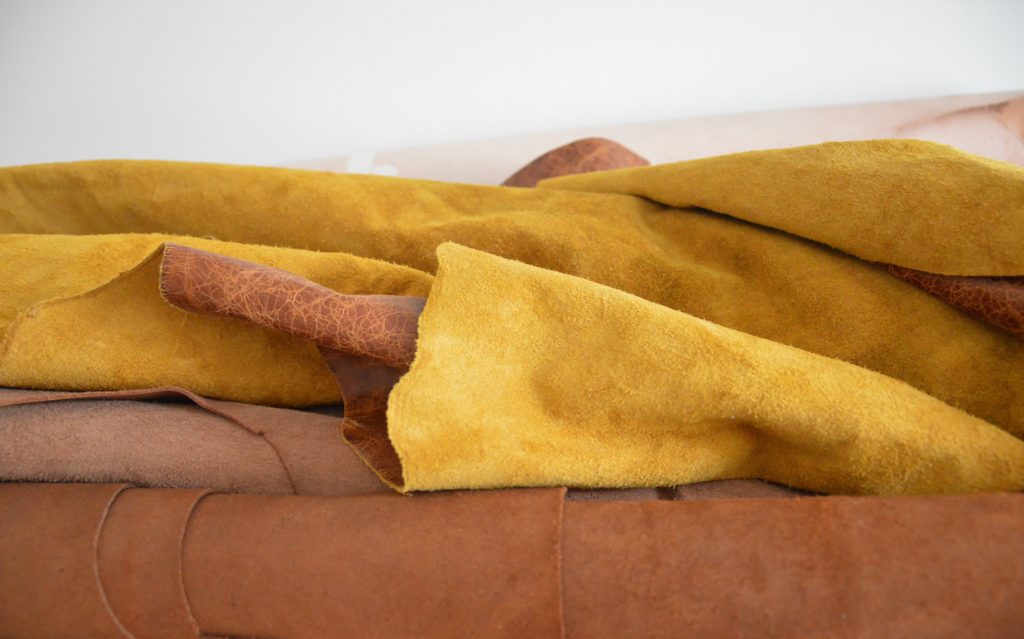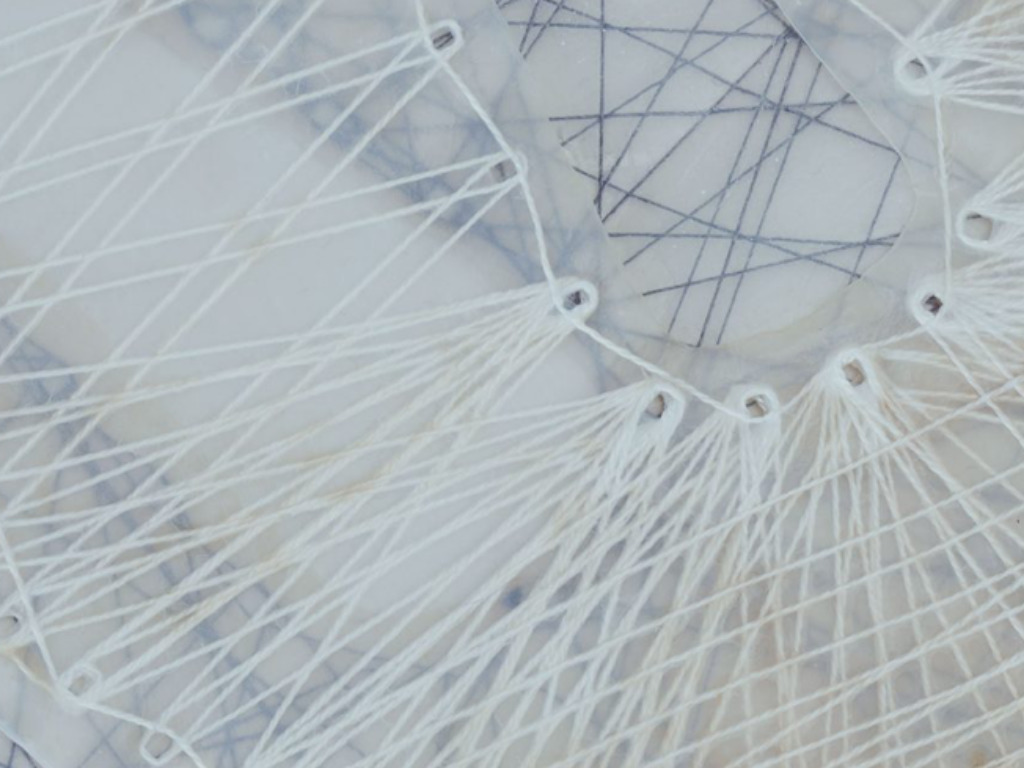4 Mins Read
Modern Synthesis has closed a $4.1 million seed funding round. The U.K.-based biomaterials startup scooped investment from AgFunder, Collaborative Fund, Acequia Capital and Petri Bio, amongst numerous others. Funding will be used to develop its proprietary agricultural waste conversion platform that aims to make the fashion industry more sustainable.
Replacing animal and petrochemical-based materials in the fashion supply chain is cited as Modern Synthesis’ driving motivation. The startup uses bacteria to convert sugars found in agricultural waste into a weaveable nanocellulose material. The fabric is fully biodegradable and considered strong enough to replace conventional materials in everything from clothing to shoes.

Using microbes to create a truly circular economy
Modern Synthesis is not specifically engaged in trying to create a vegan leather alternative. Instead, the startup claims it is seeking to develop a totally new material, which can be applied to projects that are traditionally completed using unsustainable fabrics. The hope is that it will spur a new category of materials, defined by their environmental credentials.
“What we’re trying to do is build this new class of materials that is more sustainable but also allows us to design and create in new ways, which is really exciting for the fashion industry,” Jen Keane, Modern Synthesis co-founder and CEO told AgFunder News. “At the end of the day, we’re trying to build a circular manufacturing system with these microbes that enables us to leverage agricultural waste and use the microbes as manufacturing units and transfer them into more viable materials. On the flip side, we see the opportunity to have new-class materials that are fully cellulosic, so we can recycle them back into silos and recycling streams.”
Testing the theory
So far, Modern Synthesis has successfully printed a show upper using its microbial weaving technique. It mimics the conventional warp-and-weft weaving style but takes up to two weeks to create a usable biofabric. Instead of producing sheets of material, scaffolding is used to shape fibres. The startup’s genetically modified microbes grow around the scaffolds to produce the end result, similar to using 3D printing.
The benefits of weaving to shape include zero fabric waste, a major issue in the fashion sector. It is hoped that the technique can be scaled effectively to remove leathers, textiles and films from the fashion supply chain. One “key sportswear customer” has been cited as signing up for prototyping.

The $4.1 million seed funding will be used to construct a pilot manufacturing facility, in London. The location will include a lab and production facilities that will allow for sampling and small-batch runs. The proposed deadline for being operational is the third quarter of this year.
Why sustainable materials matter
In excess of 70 percent of the fashion industry’s greenhouse gas emissions are created during upstream processes. Notably, the production of virgin materials. By cutting fabric waste and building out a production platform that allows for fully biodegradable fabrics, the sector will be able to make fast progress toward slashing its environmental impact. As a result, the biomaterials sector is growing, with predictions of a $2.2 billion value by 2026 already floated.
Prior to founding Modern Synthesis, Keane undertook a creative residency at Bolt Threads, a fellow biomaterials startup. The mushroom leather company has previously announced partnerships with fashion big-hitters including Adidas, Lululemon, Stella McCartney and luxury brands owner Kering. Last year, McCartney used Mylo, the startup’s signature leather alternatives, to create ready-to-wear clothing, following a successful application in a handbag.
In January, vegan leather startup MycoWorks demonstrated interest in the sustainable materials sphere by closing a $125 million Series C funding round. The company had already produced mycelium-based leather for multiple brands, including Hermès but raised funds to scale its manufacturing capabilities. The signature material, dubbed Reishi, is slated to be ideal for the luxury market as it can be made to exact specifications that replicate the butterfly leather commonly used by high-end brands.
Lead photo by Modern Synthesis.




